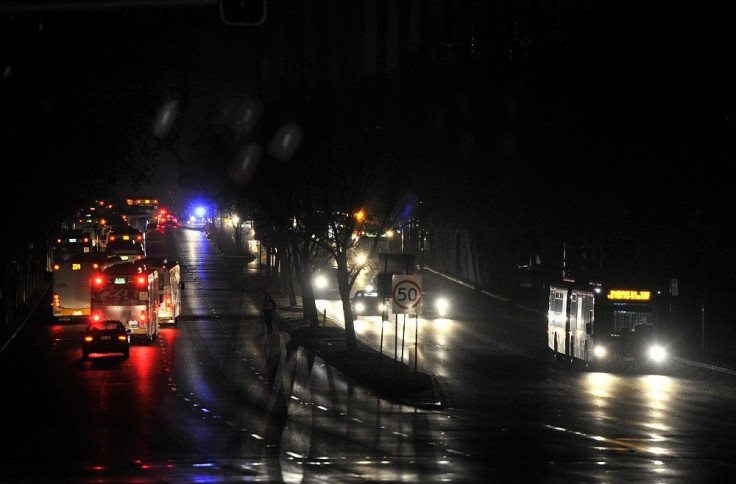Finkel review: Why Aussies must pay attention

The way Australians receive electricity had changed after two ageing coal-fired power stations at Port Augusta in South Australia and Hazelwood in Victoria closed in the past year. Households are increasingly dependent on batteries and solar panels to meet energy needs.
Aussies are already paying more for electricity. Also, there have been warnings of additional blackouts as the nation is struggling to cut emissions.
Chief scientist Alan Finkel worked alongside an expert panel to understand the National Electricity Market. They reportedly spent months trying to resolve major issues such as declining reliability, falling energy security and rising prices.
Finkel’s report highlights some key findings, including a clean energy target (CET). It also covers requiring existing huge power stations to issue a three years' notice of closure and responsibilities on new generators to back up and maintain voltage and frequency.
Clean energy target
CET is a market mechanism that supports investment in new low-emission power generation. Under the mechanism, the government would set an emissions intensity target, which could be lessened over time to meet the country’s international obligations related to climate change.
The scheme would be technologically neutral as all forms of electricity generation are qualified. These include storage, gas and carbon capture as long as they are below the emissions intensity threshold.
Electricity retailers would be required to purchase certificates to certify that a pre-determined share of their electricity was from low emissions generators. It was found the scheme would result in lower consumer prices.
According to Finkel, his national energy plan could save households up to $90 annually and businesses even more. The likelihood of blackouts will be reduced and would ensure carbon emissions are cut.
In South Australia, a statewide blackout in September cost businesses millions. The event highlights the significance of a secure supply of electricity. “The goal is to ensure we have a secure electricity supply, at an affordable price for all Australian consumers, while meeting our international obligations to lower emissions,” news.com.au quotes Finkel.
But Finkel’s proposal in fixing Australia’s energy woes caused a backlash within the government, specifically over the future of coal. “Finkel in its current form is dead,” an MP told The Australian.
At least 20 MPs are believed to be against Finkel’s suggestion. Former Prime Minister Tony Abbott is perceived as one of its fiercest critics. He expressed concerns about power price affordability as well as the future prospects of coal usage.
Read More:
Double-decker buses are back as NSW phases out bendies
Australia's top dole bludging suburbs revealed
abcqanda/YouTube





















